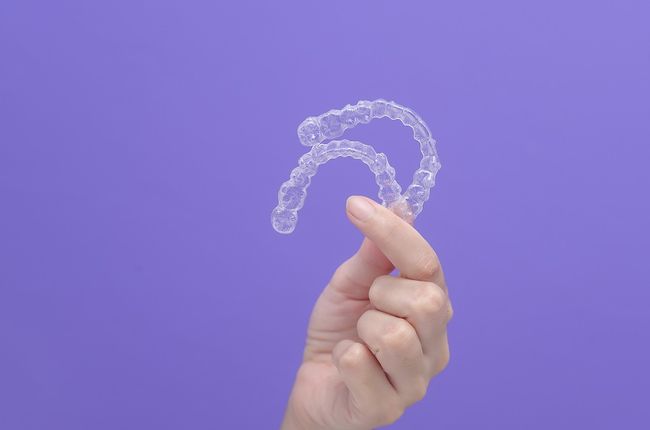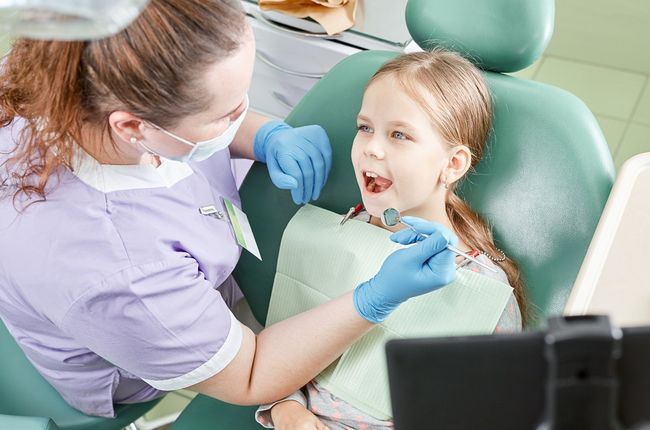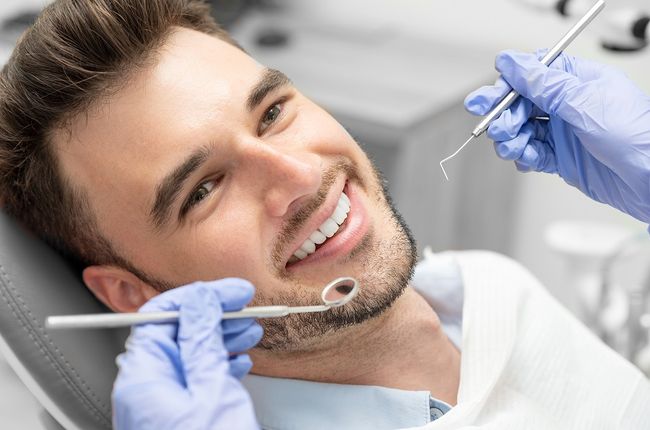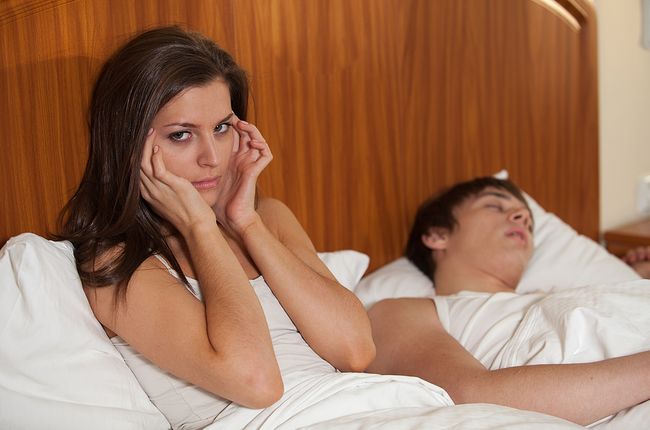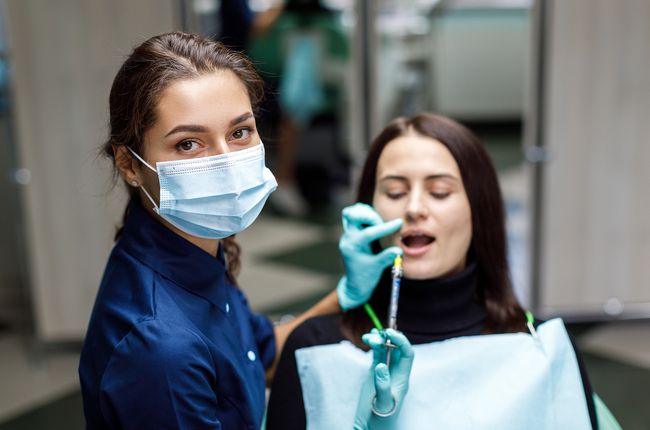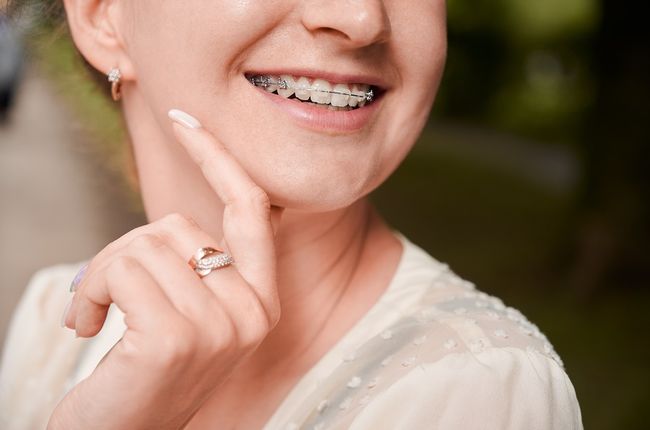Teeth Grinding Relief
Grinding or clenching your teeth once in a while is a common episode and occasional grinding of teeth doesn’t harm your health. But if you grind your teeth more frequently, your condition may be characterized by bruxism. Too much grinding may cause problems in your teeth, jaw muscles, and temporomandibular joints that connect your jawbone to the skull.
The condition is common in both adults and children, and there may be many causes for it. Schedule an appointment with us if you often find yourself grinding or clenching your teeth.
What Causes Teeth Grinding?
- In adults, teeth grinding occurs due to lifestyle habits such as smoking cigarettes, consuming alcohol, or using recreational drugs. Teeth grinding may also be caused because of excessive consumption of caffeine.
- Bruxism may be the result of various sleep orders, including sleep apnea.
- This condition is also caused due to too much stress and anxiety.
- Some medications like anti-anxiety drugs may also lead to clenching or grinding of teeth in adults.
What are the Symptoms of Bruxism?
In many cases, you may not even realize that you are grinding your teeth, especially at night. Thus, it is essential to be wary about the symptoms of this problem. Common symptoms of bruxism include disrupted sleep patterns, headaches or facial pain when you get up in the morning, ringing or constant pain in your ears, painful or loose teeth, sore jaw muscles, and tooth fractures. Teeth grinding is also the result of jaw locking and TMJ disorder.
How is Teeth Grinding Treated?
- Oral Appliance Therapy
Oral appliance therapy involves using a nightguard that we will customize according to the shape and structure of your mouth. This orthodontic device is to be worn before bed. A nightguard helps to protect your teeth, facial muscles, and temporomandibular joints from the pressure created during teeth grinding. When you sleep with a nightguard, you do not wake up feeling pain in your jaw. A night guard is just like a mouthguard used by athletes.
- Behavioral Therapies
If the result of teeth grinding is stress, we may suggest cognitive behavioral therapy (CBT). It is a talk therapy that may help you reduce stress, thus alleviating the condition.
- Exercise
We will also suggest you do some exercises to relax your jaw muscles so that not a lot of pressure is applied to them.
- Medication
We will prescribe some muscle-relaxant medication to treat your condition of bruxism.
To find out more about the dental services offered at South Friendswood Dental, call (281) 482-7731 or schedule an online consultation. You can also visit us at 699 S Friendswood, Dr Suite, #108, Friendswood, TX 77546.

